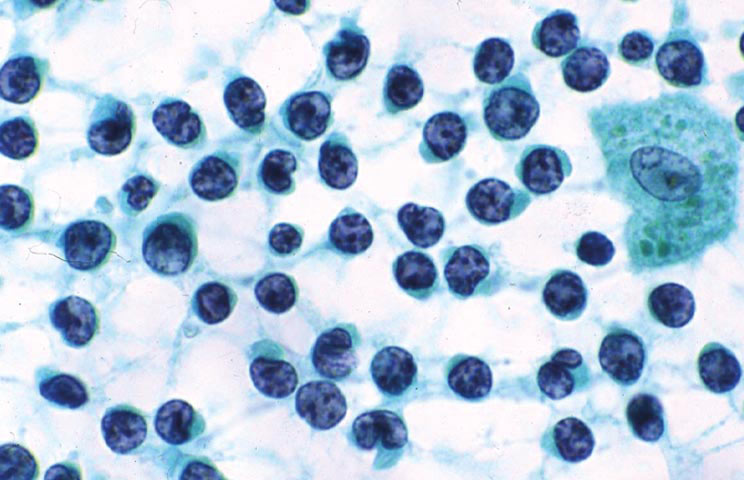More
4 February 2020
Breast cancer
Cervical cancer
Colorectal cancer
Kidney cancer
Lung cancer
Skin cancer
Testicular cancer
Thyroid cancer
International trends in the incidence of cancer among adolescents and young adults
A new study shows that over the period 1998–2012, cancer incidence rates increased in populations aged 15–39 years in 23 out of 41 countries with available data. Researchers from the Section of Cancer Surveillance at the International Agency for Research on Cancer (IARC) participated in this collaborative study, which was published today in the Journal of the National Cancer Institute. The data source was the CI5plus database of the IARC publication series Cancer Incidence in Five Continents, and the study included 1 846 588 cases from 86 cancer registries in five continents.
The largest increases in incidence rates were observed for thyroid cancer, testicular cancer, and three obesity-linked malignancies: colorectal cancer, breast cancer, and kidney cancer. For cervical cancer, although the incidence rates decreased in India and in several countries in Europe and the Americas, marked increases were observed in other countries, including Belarus, China, Turkey, and the United Kingdom. For lung cancer, the incidence rates decreased in males in China, Spain, Turkey, the USA, and some other countries, whereas the rates increased in females in Australia and Japan. For melanoma of the skin, the incidence rates decreased by more than 2% per year in several countries, including Australia and the USA, but increased in many European countries.
This study shows the unique features of cancer occurrence and incidence trends among adolescents and young adults. The findings indicate a need to implement preventive strategies, which may help to reverse the increasing trends. The prevention initiatives should address the growing burden of obesity, the implementation of and access to human papillomavirus (HPV) vaccination, smoking cessation, and the adoption of sun-aware behaviour.
Gupta S, Harper A, Ruan Y, Barr R, Frazier AL, Ferlay J, et al.
International trends in the incidence of cancer among adolescents and young adults
J Nat Cancer Inst, Published online 4 February 2020;
https://doi.org/10.1093/jnci/djaa007
Read the article
Other news

First dedicated population-based childhood cancer registry in India releases inaugural report
Dr Eva Steliarova-Foucher, a scientist in the Cancer Surveillance Branch at the International Age...
30.01.2025
Read more

Publication of the IAC-IARC-WHO Cytopathology Reporting Systems, 1st Edition, Volume 3: WHO Reporting System for System for Lymph Node, Spleen, and Thymus Cytopathology
The WHO Reporting System for System for Lymph Node, Spleen, and Thymus Cytopathology is now avail...
29.01.2025
Read more

WHO guidelines on waist circumference and physical activity and their joint association with cancer risk
Scientists from the International Agency for Research on Cancer (IARC) and partner institutions p...
23.01.2025
Read more